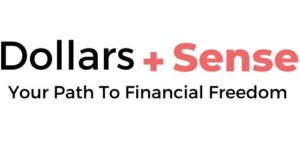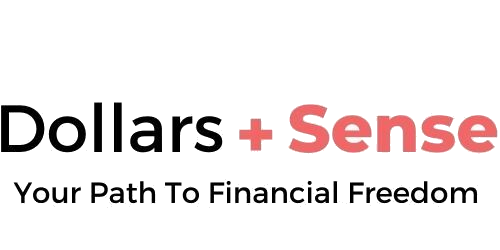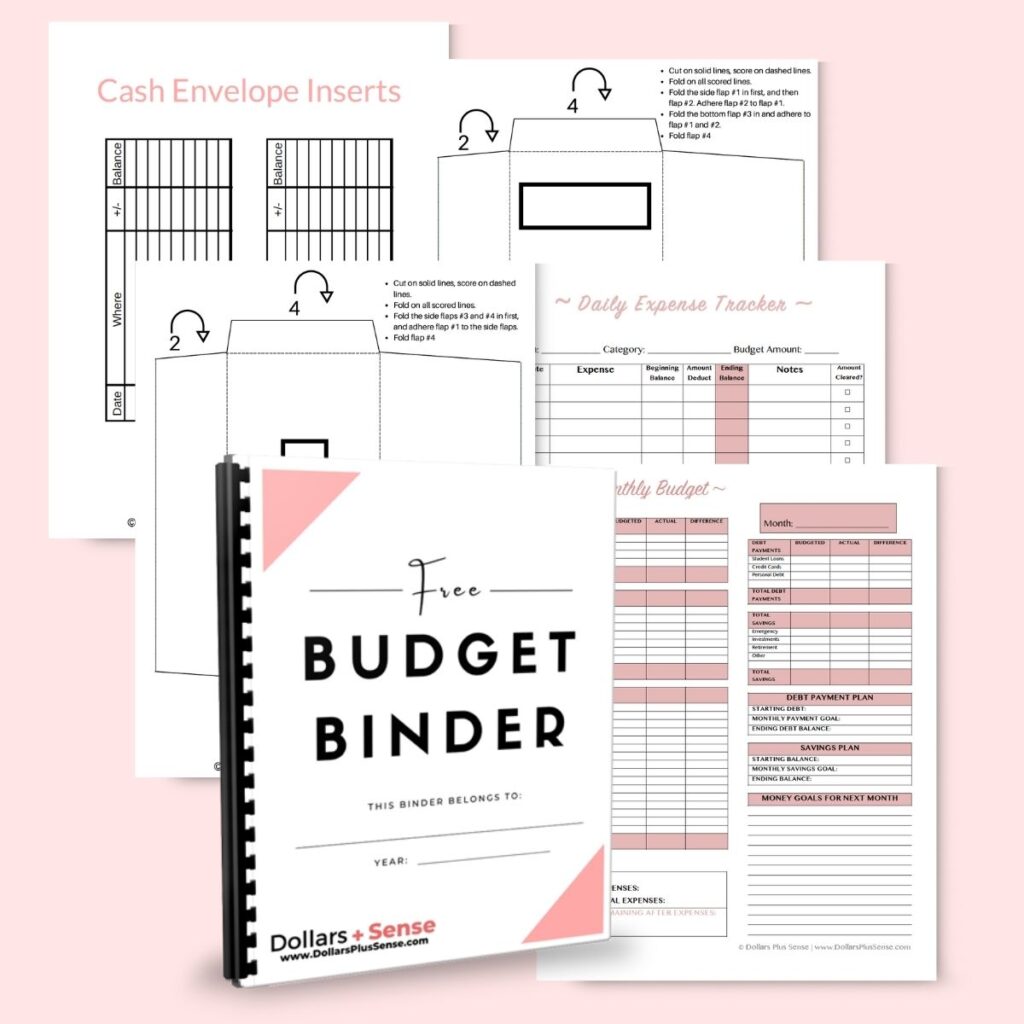Last Updated February 16, 2024
It’s that time of year again! Tax season is upon us, and if you’re like most people, you’re probably dreading it. You probably have a lot of questions about what to bring to a tax appointment. But there’s no need to stress. A little preparation can go a long way. In this blog post, I’ll walk you through everything you need to know to make your tax appointment go as smoothly as possible.
What is the purpose of a tax appointment?
The purpose of a tax appointment is to ensure that the taxpayer understands their tax obligations and to provide them with the opportunity to ask questions about their taxes. The tax appointment also allows the taxpayer to receive advice on how to reduce their taxes owed and improve their overall tax situation. You should make a list of what documents to bring before your first tax appointment to make your appointment as smooth and easy as possible (don’t worry we will go over what to bring to a tax appointment below).
What are the benefits of a tax appointment?
There are many benefits of scheduling a tax appointment. Some of the benefits of a tax appointment include:
- Reducing stress and anxiety about taxes
- Understanding your specific tax obligations
- Learning about opportunities to reduce your taxes owed
- Improving your overall tax situation

What should you bring to a tax appointment?
The first thing you’ll need to do is gather all the necessary documentation. Be prepared to provide the following information:
- Your social security card or Individual Taxpayer Identification Number (ITIN).
- A photo ID.
- Copy of last year’s taxes or your most recent tax return (including state income tax returns)
- All relevant tax documents or tax forms, including form W-2, 1099s, etc.
- Records of expenses related to your business or rental property (receipts, bills, etc.)
- A copy of your bank statements and dividend statements (with account numbers).
- If you’re a property owner, you should bring your mortgage interest statement and proof of property tax payments
- Any other relevant documentation (including records of charitable donations).
Now that you know what to bring to a tax appointment, let’s talk about timing. The earlier in the year you file your taxes, the better. This will help ensure that you get your refund as soon as possible—and it will also help avoid any last-minute scrambling come April 15th.
What happens if you forget to bring a document to your tax appointment?
If you forget to bring a document to your tax appointment, don’t worry. You can always bring it later. However, it’s important to remember that there may be delays in processing your return if you don’t have all the necessary documentation.
If you forget to bring a document to your tax appointment, the following might happen:
- The tax preparer may need to ask for more documents.
- The tax preparer may not be able to complete the return.
- You may have to come back for another appointment.
- You may have to pay additional fees or a higher fee.
So try to bring as much documentation as possible to avoid any delays.
What questions will the tax preparer ask me during my appointment?
Some of the most frequently asked questions your tax preparer may ask you during your tax appointment are:
- What is your name, address, phone number, email address, and other personal information?
- What is your Social Security number?
- What photo ID do you have?
- What is your most recent tax return and do you have a copy of it?
- What are your current sources of taxable income?
- What are your business and/or rental property expenses?
- Are you claiming any dependents this year?
- Have you made any large purchases or sold any investments recently?
- Do you have any other documents that I need to see?
- What changes have you made this year that I need to know about?
- Do you have any questions that you want to ask me?
What if I’m not sure what deductions I’m eligible for?
If you are unsure about what tax deductions you are eligible for there are a few things you can do to find out. You can:
- Speak with a tax professional
- Use online resources found on the IRS website
- Look for common deductions that may apply to your situation.
Deductions For Business Owners
If you’re a small business owner, you would most likely be eligible to deduct business expenses.
For a list of other common deductions, you can visit the IRS website or speak with your tax preparer.
As a general rule of thumb, if you paid for something that is related to your business or rental property, you can probably deduct it. However, there are some exceptions, so be sure to speak with your tax preparer to get the most accurate information.

Deductions For Non-Business Owners
If you don’t own a business, you would most likely be eligible for deductions related to your job, charitable donations, medical expenses, and education expenses (including student loan interest from any college tuition paid). If you’re a homeowner, you can deduct mortgage interest payments and real estate taxes from your federal income tax bill. Again, for a more complete list of deductions, you can visit the IRS website which is a great resource or speak with your tax preparer.
If you’re still unsure about what deductions you’re eligible for, the best thing to do is speak with a tax professional. They will be able to help you determine what deductions you can take.
Standard Deductions
If all else fails, the IRS will let you take the standard deduction without any other qualifying deductions or tax credits. The standard deduction reduces the amount of income you have to pay taxes on. You have the option of either taking the standard deduction or itemizing on your tax return — however, you can’t do both.
It makes sense to itemize deductions if your total itemized deductions are greater than the standard deduction you’re entitled to receive. For the 2023 tax year, the standard deduction is $13,850 for single filers and married couples filing separately, $20,800 for heads of household, and $27,700 for a married-filing-joint tax return.
Taking the standard deduction means you can’t deduct many of the popular tax deductions we spoke about above — such as home mortgage interest, medical expenses, or charitable donations.

What if I have questions about my taxes after my tax appointment?
A tax appointment is a great opportunity to get all your questions answered and learn more about the required forms you need for your taxes. But if you still have questions after your appointment, there are a few things you can do. You can call the IRS, visit the IRS website, contact a tax professional (such as an accountant or tax attorney to get legal advice), or contact your tax preparer to get some tax advice.
Summary
Tax season doesn’t have to be stressful! But now you know exactly what to bring to a tax appointment. A little preparation goes a long way. Be sure to gather all the necessary documentation and records before your tax appointment, and try to file as early in the year as possible so you can get your refund sooner rather than later. You can download this free pdf checklist of what you should bring to your tax appointment that I found from Turbo Tax. I hope this helps!
Related Articles:













